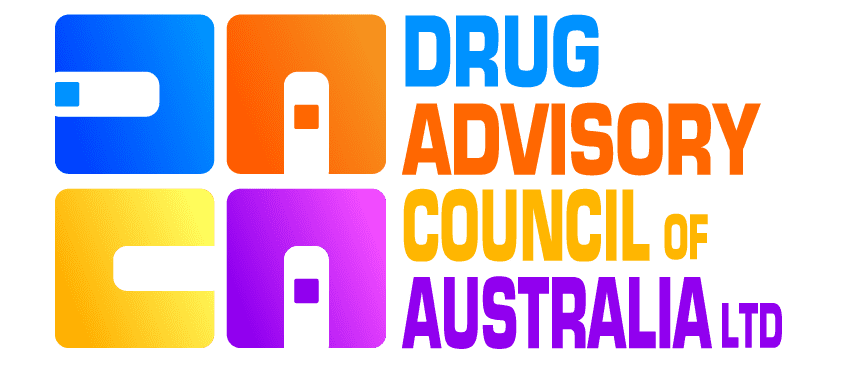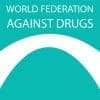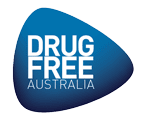KRISTEN NICHOLS, Hemp Industry Daily May 4, 2018
On Thursday, Feb. 1, 2018, the Cosmic Grind Coffee Shop on Church Street in Burlington, Vermont, started offering CBD hemp oil shots in their drinks. But don’t worry, CBD is a ‘non-psychoactive’ extract, not to be confused with THC in marijuana. RYAN MERCER/FREE PRESS
DENVER (AP) — A federal appeals court sided with the Drug Enforcement Administration and upheld its decision that CBD is a Schedule 1 controlled substance — a major setback for the American hemp industry.
The decision, issued Monday by a three-judge panel of the 9th Circuit in San Francisco, means that hemp producers can only sell cannabidiol where it is allowed under state law.
It also means that states that allow CBD — even if they don’t allow the sale of high-THC marijuana – are violating federal law, the same as states that allow recreational cannabis.
CBD producers who brought the case vowed to appeal.
“We will be appealing, and we will be funding that appeal,” said Michael Brubeck, CEO of Centuria Natural Foods and a plaintiff in the case.
Based in Las Vegas, Centuria grows hemp and produces CBD products for sale in all 50 states. Centuria was joined in its challenge by the Hemp Industries Association.
CBD case history
The case started in 2016, when the DEA issued a “clarifying rule” stating that CBD is an illegal drug, because it is extracted from marijuana flowers.
Hemp producers cried foul, arguing that CBD can also be extracted from legal hemp flowers, and there is no way to tell whether extracted CBD came from marijuana or from hemp.
Brubeck and the HIA argued that the DEA was attempting to add a new substance to the Controlled Substances Act, something it cannot do.
The DEA said the extract rule was simply a clarification of existing law and that it “makes no substantive change to the government’s control of any substance.”
The agency also scoffed at the suggestion that CBD is being made from anything but flowering parts of the cannabis plant because cannabinoids “are found in the parts of the cannabis plant that fall within the . definition of marijuana, such as the flowering tops, resin and leaves.”
The three-judge panel of the 9th Circuit agreed. Their decision means that the DEA was within its authority to clarify CBD as a “marijuana extract.”




